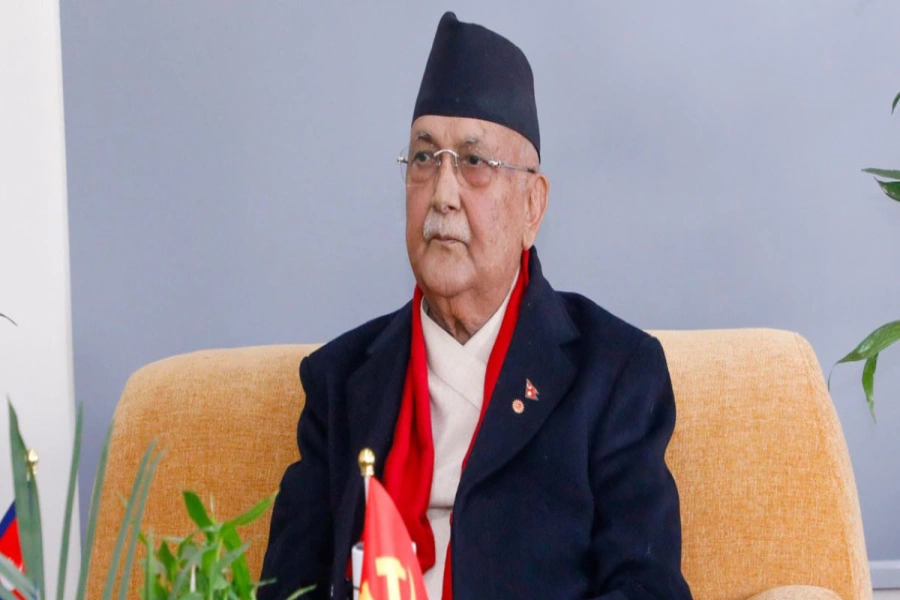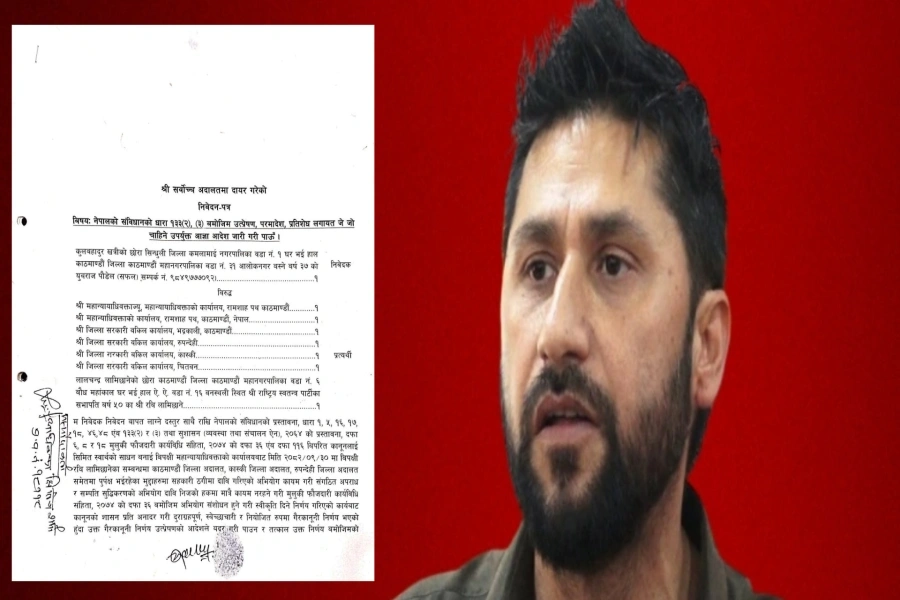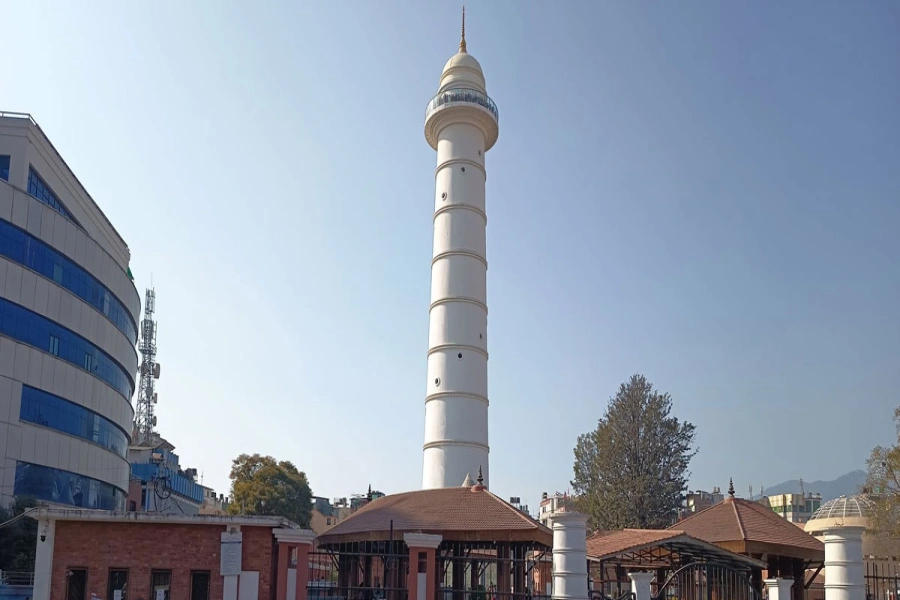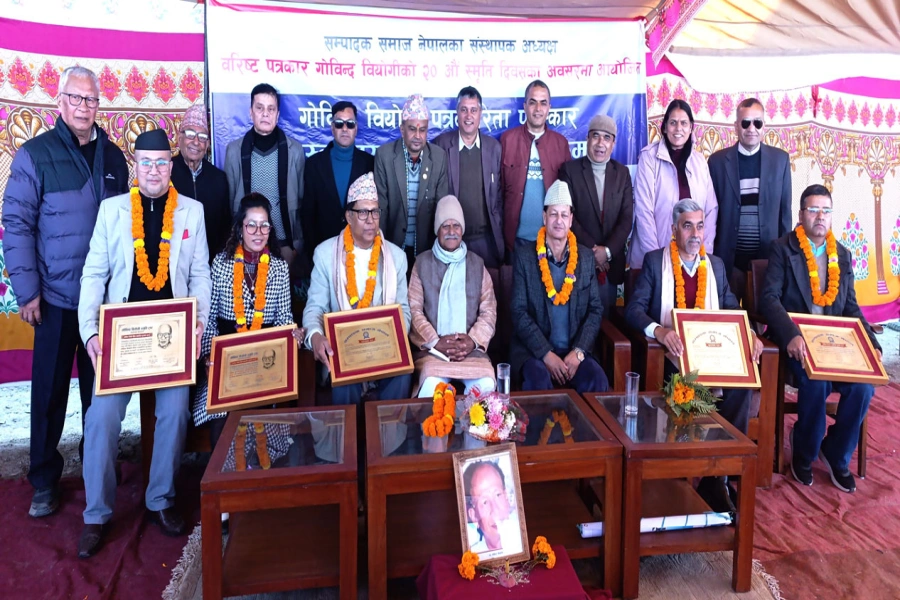"Its draft has already been prepared and has been circulated among a close group of private sector and Ministry of Agriculture and Cooperatives (MoAC) for finalizing it," said a source at the Ministry. He told Republica that Commerce Minister Lekh Raj Bhatta is holding up the final decision.[break]
The guideline was drafted as per the ministerial decision of January 1, and sources disclosed that traders who were reaping handsome returns through its illicit trade are now trying to influence the guideline.
Though officials refused to disclose the contents of the guideline, sources said it would allow local chambers to issue certificate of origin (CoO) only after the recommendation of Betel Nut Producers´ Association (BNPA) and MoAC. MoAC, in turn, would issue such recommendation based on its data of dometic production.
“Verification from MoAC is being provisioned mainly to ensure that volume of exports do not exceed the domestic production," said the source, adding that enforcement of guidelines would control the illicit export of betel nut to India.
The Ministry took the decision to enforce the guidelines after traders influenced local officials to issue CoO even when source of betel nut were unknown.
According to statistics, Nepal produced around 7,500 tons of betel nut mainly in Jhapa, Sunsari, Ilam and Morang in 2010/11. But in the same year, Nepal imported more than 108,000 tons of beetle nuts.
Though MoAC has no specific data on actual demand of betel nut in the country, officials ruled out demand was so high as import suggested. "Imports remained huge mainly because large portions were easily finding its way into the Indian market," said the source.
India, has constantly raised the issue of illicit export of beetle nut, and urged Nepal to take concrete steps to check it.
Conflicting parliamentary directives stall betel nut exports







-1768720371.webp)































